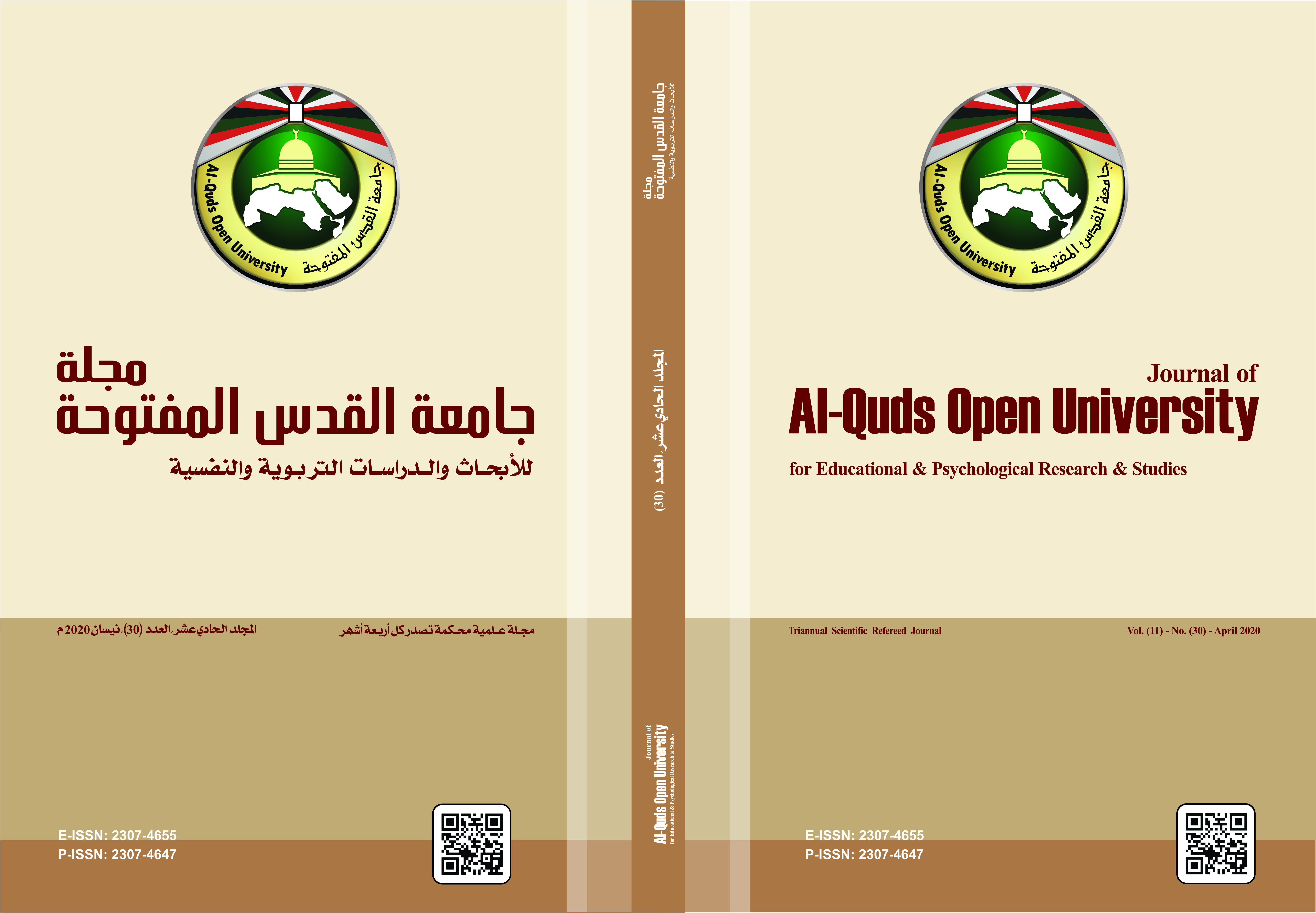Development of Life Skills Using Modern Teaching Strategies for Physical Education among Students of the Basic Stage in Irbid Governoratefrom the Teachers’ Perspectives
Keywords:
Physical Education, Modern Teaching Strategies, Life skills, Basic StageAbstract
This study aimed to identify the level of life skills development using the modern teaching strategies for physical education of the basic stage students from the teachers’ perspectives. The study relied on a descriptive approach. The questionnaire was used to collect data and the sample consisted of 243 physical education teachers for the basic stage in Irbid Governorate Schools. The results showed that the level of life skills development using the modern teaching strategies of physical education in the students of the basic stage in Irbid from the teachers’ perspectives reached a high level. The most prominent skills were health and physical skills. The results indicated that there are statistically significant differences in the level of life skills development using the modern teaching strategies in physical education among the students due to the gender variables in the domains of connection and communication skills, social and teamwork skills, discovery and thinking skills and fields as a whole in favor of males. The results revealed that there was a statistical significance attributed to the years of experience variable for the field of communication skills, and social skills for the benefit of the category of more than 10 years, and the fields as a whole for the benefit of experience less than 6 years. The results revealed that there were no statistically significant differences in the life skills development level using modern teaching strategies for physical education in students in all fields and in the total score due to the variable of scientific qualification. The researcher recommends the need to work on the use of modern teaching strategies in the teaching of physical education as a method of collaborative learning and problem-solving method and the method of exchange, and the need to focus on the development of life skills of students because of its importance in promoting academic achievement and non-academic.
DOI: 10.33977/1182-011-030-005Downloads
Published
How to Cite
Issue
Section
License
- The editorial board confirms its commitment to the intellectual property rights
- Researchers also have to commit to the intellectual property rights.
- The research copyrights and publication are owned by the Journal once the researcher is notified about the approval of the paper. The scientific materials published or approved for publishing in the Journal should not be republished unless a written acknowledgment is obtained by the Deanship of Scientific Research.
- Research papers should not be published or republished unless a written acknowledgement is obtained from the Deanship of Scientific Research.
- The researcher has the right to accredit the research to himself, and to place his name on all the copies, editions and volumes published.
- The author has the right to request the accreditation of the published papers to himself.







2.png)






_2.png)

